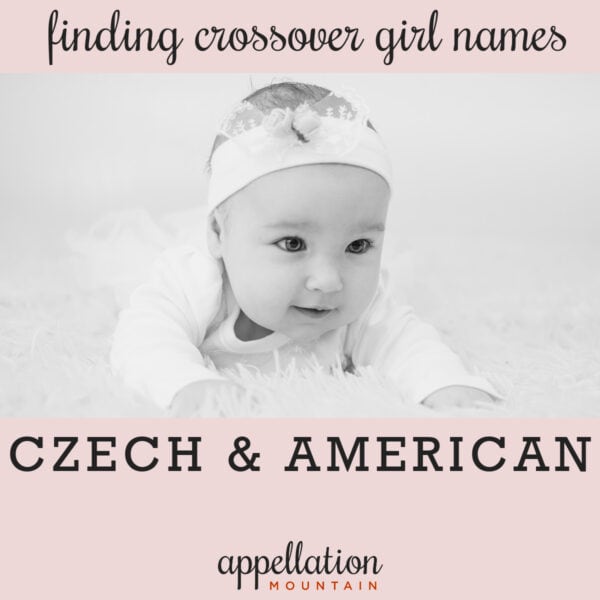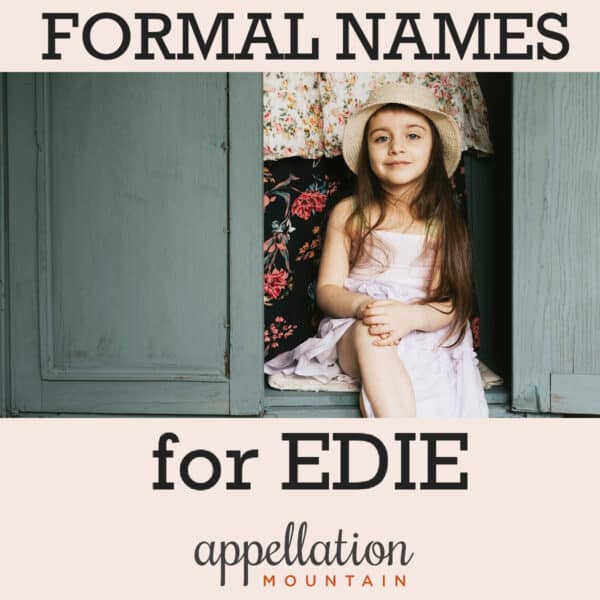Every once in a while, I agree to research a name that I know not a thing about. And then, a few hours later I think “why didn’t I realize that before?”
But in this case? I did my research. I wrote the post. And I’m still not sure I’ve landed on the explanation behind today’s choice.
Thanks to Photoquilty for suggesting our Name of the Day: Marsann.
Don’t get me wrong. Marsann rings a bell. Actually, it is Marsanne that I recognized – a type of grape used to make white wine. I wouldn’t suggest naming your darling daughter Chardonnay, or even Viognier, but Marsanne is one oenophilist appellation that flies under the radar.
Marsanne grapes flourish in the northern Rhône region of France. Elsewhere on the globe, the same grape goes by different names. Find the varietal on a vine in California, and it is ermitage blanc.
Besides the vino, there’s:
- A sometimes-heard French surname, though it is normally spelled Marsan;
- A town in Southwestern France, again with the one -n spelling;
- Then there’s Mont-de-Marsan, in Aquitaine, France;
- I discovered one more French town – Marsanne, in the southeastern part of the country;
- And yet another Marsan is on the map, a teensy tiny village in Azerbaijan.
A handful of Marsanns appear in the US Census records, but this one is a true rarity – the name has never charted in the US Top 1000. It is also possible – perhaps even likely – that some of those nineteenth century handwritten census records actually recorded a Mariann.
Still there are just a few too many to dismiss it as an error. Other possibilities include:
- Marsann could certainly be a mash-up or elaboration of other feminine names. Other nineteenth century gems include Claribel, Leontine, Evalina, Paralee, Idella and Louella. While many of those choices may have longer histories, the style suggests that Marsann could’ve fit right in. Many -ann and mar- names have been in use over the years. Marcia peaked in the 1940s, an era when Marcella also fared well;
- Speaking of Marcia, she also encouraged spin-offs like Marcine. Marsann is only a step away from Marcia – and closer still to variant spelling Marsha;
- There’s also a possible Polish and Eastern European connection. Marzena is an elaboration of Maria. And the Polish version of Martin is Marcin – which is actually pronounced with a “ts” sound for the “c” – MARHT seen.
If Marsann connects to the Marcia family, then her name derives from Mars, the Roman god of war. That’s also true if she is related to Martin. But I can’t confirm a link to any of these, so I wouldn’t upload her to Namipedia just yet.
Marsann is intriguing, frills-free and has some interesting geographic ties. She’d fit in just find with Morgan and Allison, Taylor and Mackenzie. And yet, without a clear sense of her origins, Marsann could prove a disappointing choice for parents who want their child’s name to have a solid history.




What a small world. I learned Polish in Detroit too 🙂 Maybe by your MiL 🙂
Marzena is actually a derivative of an Ancient Slavic name, Morana. It was the name of the goddess of death and winter and it is related to the Polish word marzenie meaning “hopes; dreams.” 🙂
I can’t say that I am a fan of Marsann, it does remind me of the masculine Marcin (I have a cousin by this name). Its usually pronounced (MAHR-cheen). Marsann sounds like somebody mispronouncing his name, which he would get quite a lot.
Interesting, Sebastiane!
My (Polish-born) MiL teaches Polish to elementary schoolers (mostly) of Polish descent in Detroit, so I’ve come across much of the symbolism related to Morena, but I’ve always connected her with witchcraft rather than death. But the Mara connection is fascinating – much like Katherine probably derives from Hecate, but was later linked to the word for pure, it sounds like Marzena might’ve taken a similar path – becoming linked to Mary as Christianity crept into Slavic culture.
This sounds like Mars and Ann put together (which is kinda the most likely conclusion as per all of Verity’s research)…. and almost a sounds-like Martian if said incorrectly with the emphasis on the first syllable. I agree that it is not a name I’d bestow on a child of mine… and there are so many pretty Mar- starting names and Ann names that I’d have to think there would be a more preferable option.
That’s a interesting name, pretty even, but I don’t like it nearly enough to be up for the kind of challenge it would come along with. I get tired just thinking about explaining the spelling and pronounciation. It also reminds me of marzipan, which is neither here nor there.
Allison, I kept thinking of marzipan, too!
The Marsann who I knew pronounced it mars-ANN, which I think gives it an old-fashioned quality. Unfortuntely she had an awkward last name too, and the pairing of the two was somewhat odd. I wouldn’t ever use this name, but was curious if you could find an origin. I hardly knew the girl and it was 16 years ago, any yet…she’s on Facebook – if I had any courage at all I’d contact her and ask her about her name, but there’s not a chance I will.